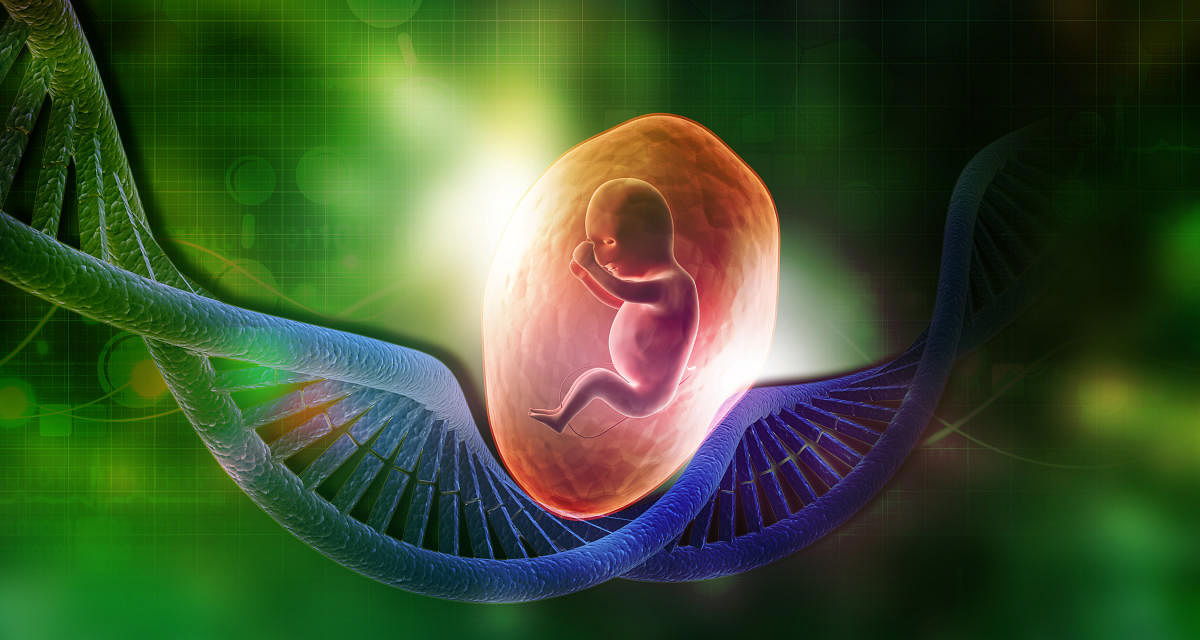
Congenital genetic disorders are often associated with high mortality as a majority of them are life-threatening and also because therapy is not easily available and is neither cheap.
There are many disorders for which accurate diagnosis is not immediately possible and the family is left with no answers. This could be due to the complexity of the disease or that medical science may not have the answers for many of the questions asked at that moment.
In such situations, where the clinical diagnosis is inconclusive, it is better to store the DNA of the affected person in order to reopen the case at a later date to get appropriate answers. These answers may not just help the patient, but will also help the extended family as well as the parents if they wish to expand their family.
Genetic testing and availability of prenatal diagnosis helps in the prevention of genetic disorders which are untreatable and associated with high morbidity and mortality.
During the critical period of the first child or in cases where the parents are not ready for any further investigation at that terminal stage, it is recommended that DNA can be stored for further evaluation.
DNA can be extracted from any tissue and stored for a very long time at preferred conditions. The stored DNA of a close family member can be used to prevent the same diseases from being passed on to the next generation.
Where secondary prevention is the only way to stop a genetic disorder from being transmitted, storing DNA is the best option.
(The author is a senior consultant in clinical genomics)